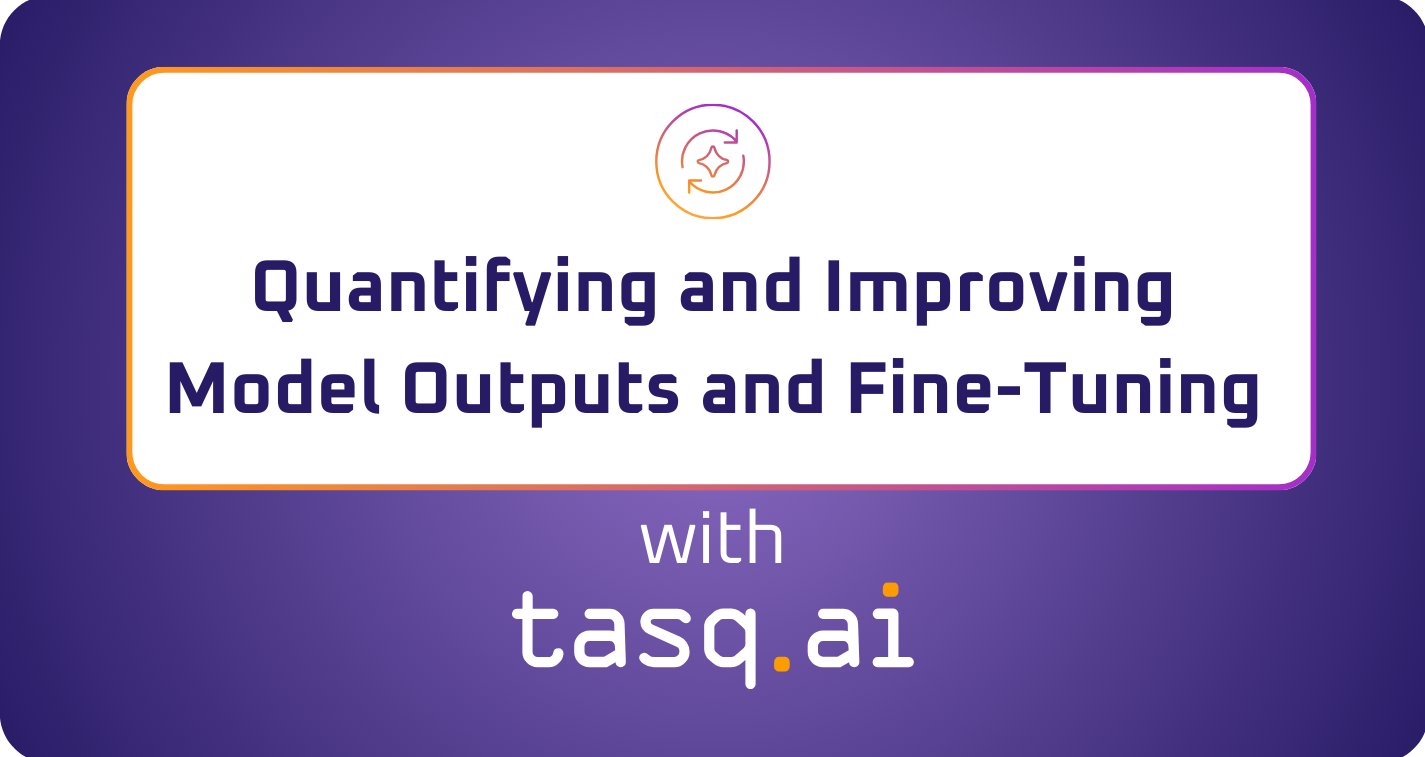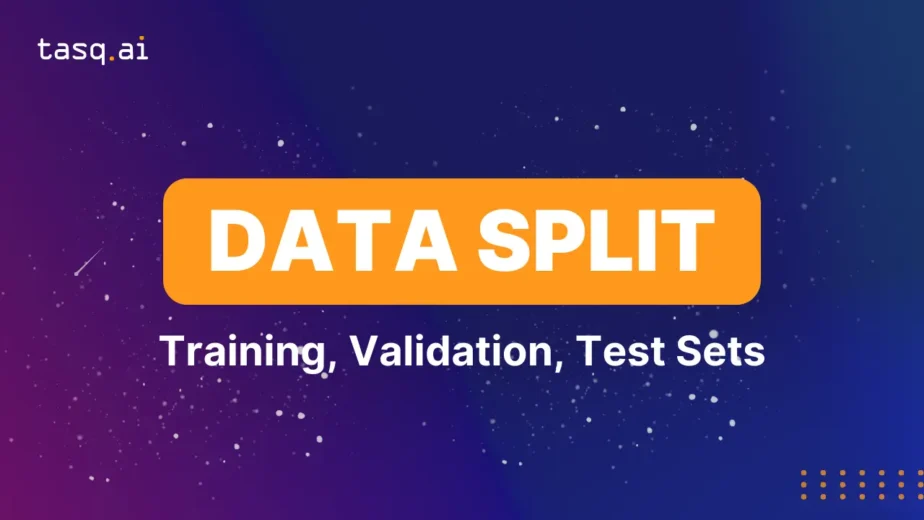“Quality is not an act, it is a habit,” said Greek philosopher Aristotle almost two millennia ago. It’s an idea that is still as true today as it was then. However, quality isn’t something that’s always easy to achieve, especially when it comes to data and modern technologies like artificial intelligence (AI) and machine learning (ML).
While some applications will work just fine with bad data, others will grind to a halt with even the slightest flaw. “Garbage in, garbage out” isn’t something to ignore when a tiny flaw can carry throughout an ML model and lead to a worthless result.
Data preparation is key
When ‘Big Data’ hit the mainstream a few years ago, most businesses adopted an approach of amassing as much data as possible thanks to the mindset of more data equals more value.
While there are some truths to this, too many businesses ignore the fact that data needs to be properly managed, prepared, and labeled before any value can be extracted from it.
As Andrew Ng, former head of Google Brain and founder of deeplearning.ai, put it, “for a lot of problems, it’d be useful to shift our mindset toward not just improving the code but in a more systematic way improving the data.”
Ng believes that ML development can be improved by shifting from a model-centric to a data-centric process. This is because AI systems and ML models are built with data and code. “If 80 percent of our work is data preparation, then why are we not ensuring data quality is of the utmost importance for a machine learning team,” he asks.
Accurate data equals accurate ML algorithms
The labeling process is a huge part of data preparation and involves taking an unlabeled, annotated dataset and augmenting each individual piece of data with meaningful, informative tags. With labeled data, you are essentially painting a target onto it which your ML model can use to learn and improve its predictive accuracy.
This is why accurate data labeling is important; it leads to more accurate ML models and more accurate, reliable results. While many automated data labeling solutions are available, those serious about their ML models use human data labeling services like Tasq.ai to save time, improve accuracy, and get the most from their ML models.
How Tasq uses dynamic judgments to help ensure accuracy
The Tasq platform has multiple features, processes, and controls in place to ensure that we deliver consistent and accurate data labeling and data annotation results, even at scale.
This is achieved by utilizing the collective power of our team of data labelers—“Tasqers”. When you send a data labeling task to our platform, hundreds of individual Tasqers complete it, enabling us to leverage multiple judgments for a higher overall confidence level.
Increased efficiency and confidence through dynamic judgments
In addition, by using dynamic judgments, we are able to further increase the efficiency of our data labeling process without compromising on quality.
Instead of collecting a fixed number of judgments per image, we collect judgments until a certain number of agreements is reached. By doing this, we are able to increase the overall confidence level and ensure that the label in the image is accurate.
This is a basic example of how we incorporate adaptive sampling into the labeling process. As data continues to be collected, our sampling design is modified in real-time based on what is being learned from sampling that has already been completed; the number of samples that is collected in total is based on the dynamic judgments received from our data labelers. Tasqers’ dynamic judgments are then validated, weighted, and aggregated into a structured schema of insights. Thanks to the power of the crowd, this can all be achieved in a matter of minutes.
Together, all these factors and more lead to reduced costs, higher productivity, and quicker time to delivery. Most importantly, you get ML models that are robust and reliable, capable of carrying out their intended use cases without the risk of inefficiency (or worse!)
Want to see how it works?
ML is a difficult beast to tame, and having improperly labeled data running through your system is an almost guaranteed way for your project to eventually fail. Consistency and accuracy are key, and Tasq.ai can help you achieve the results that you’re aiming for.
If you would like to find out more about how our powerful data annotation platform can help to take your ML project to the next level and see how it works in practice, get in touch today!
You can also request a free 30-minute demo.






